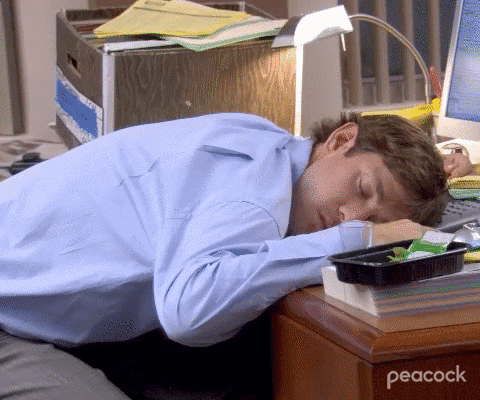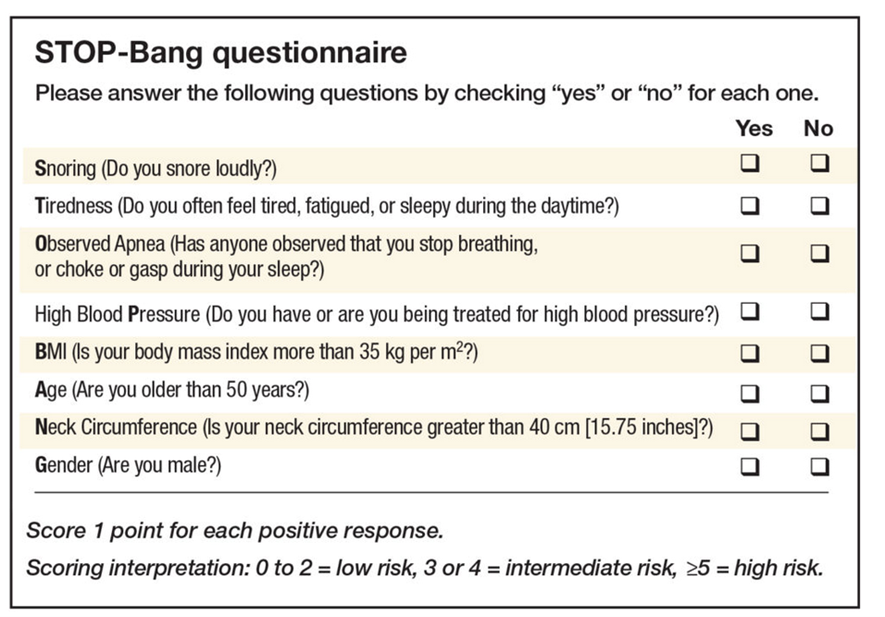
ZZZ-Zzzz-ZZzzz-snort-gasp-pause-snort-pause-zZZzzzZZ . . .
Sound familiar?
If so, you or someone you know—and more likely than not snorers will deny that they snore let alone gasp or pause because practically speaking they almost never wake themselves up only everyone else 😆—is at high risk for a dangerous condition called obstructive sleep apnea or OSA.
This condition, OSA, refers to complete or partial upper airway collapse during sleep. Associated with OSA is loud, disruptive snoring, mouth breathing, oxygen desaturations i.e., lower-than-normal oxygen levels, nocturia or peeing at night, witnessed apneas, and choking during sleep, morning headaches, excessive daytime sleepiness, decreased awareness, lack of energy and motivation, mood disturbances and sexual dysfunction.
And if all that is not enough the risk for high blood pressure, cardiac arrhythmias, heart attack, stroke, diabetes and liver dysfunction also significantly increases with OSA, especially in men. The release of adrenaline from the repetitive apneas or pauses of breathing during sleep is one of several possible mechanisms that may underlie the development of these coexistent diseases.
Predisposing factors for OSA include obesity (i.e., body mass index (BMI) greater than 35), hypothyroidism, male gender, testosterone use, alcohol, or sedative consumption especially before bed, retrognathia or recession of the jaw, family history of OSA, middle age (40–65 years) and possibly smoking.
A screening tool for OSA is the STOP BANG questionnaire as shown below.

The gold standard for diagnosis of OSA is a sleep study.
The treatment of choice is positive airway pressure (PAP) in the form of continuous positive airway pressure (CPAP.) Other forms of PAP are also available. Because CPAP is difficult to tolerate, possible alternatives include positional therapy, jaw advancement devices, upper airway surgery and a nerve stimulation device called Inspire.
One of the more famous lines from Shakespeare’s Hamlet is “Get thee to a nunnery.” Well, to paraphrase, if you potentially have sleep apnea, get thee to a sleep study.

By EpicentRx with input from Ahad Javansalehi
